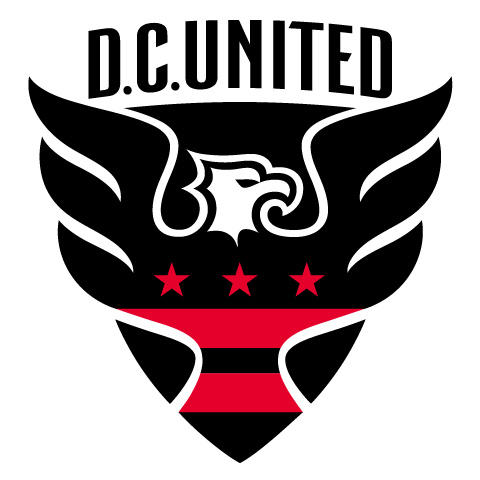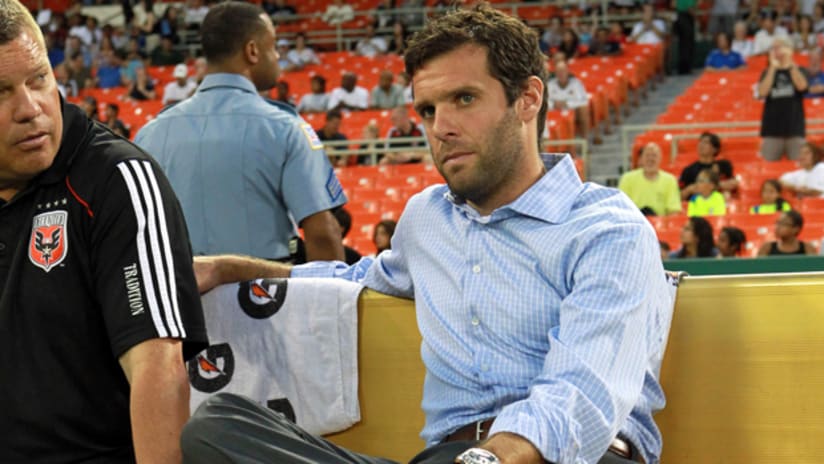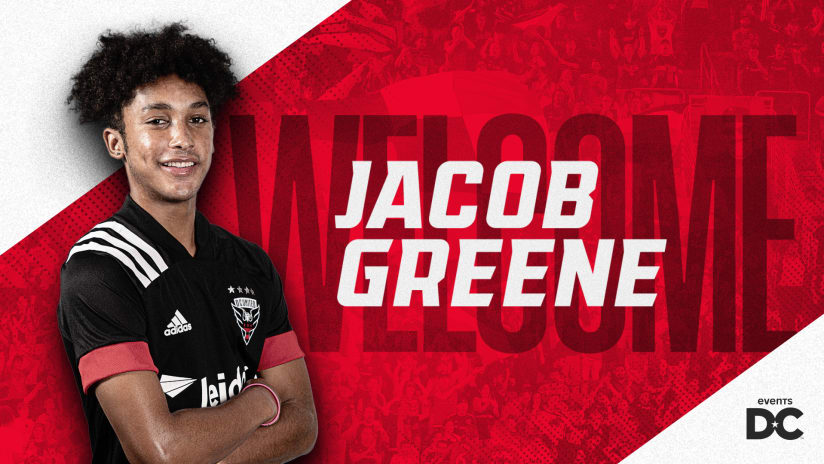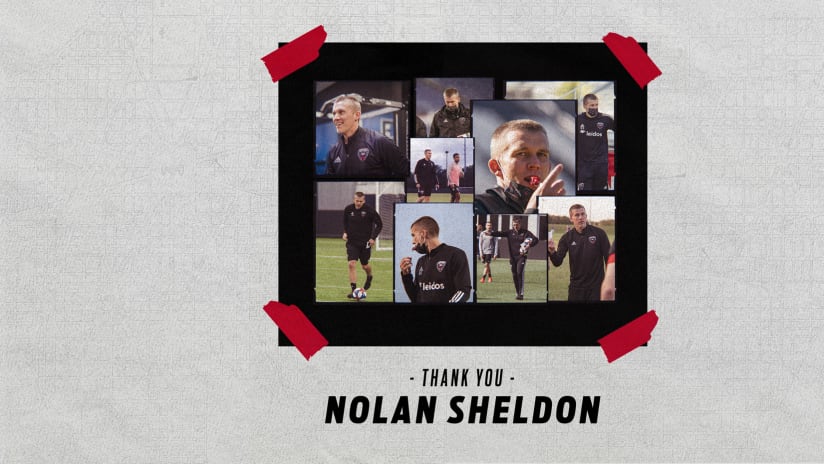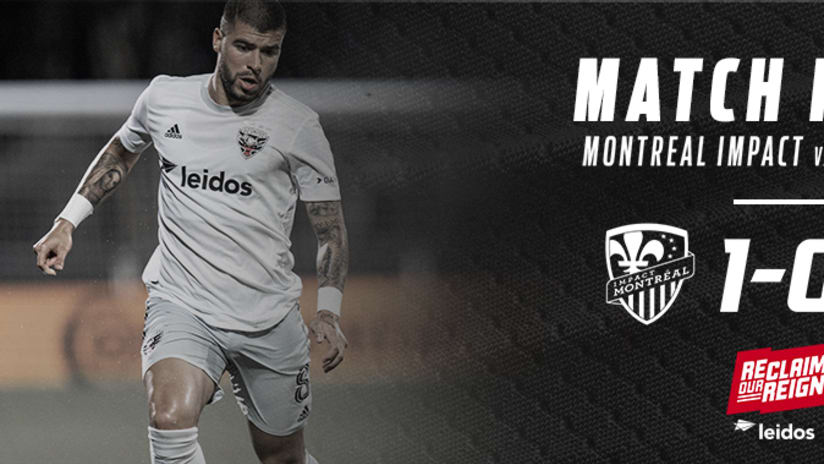Last week, at the end of an ill-tempered training session under the scorching August sun, D.C. United goalkeeper Troy Perkins was asked about his team’s search for quality and consistency amid their persistent struggles.
Noting the stability which has benefited other clubs around the league, the veteran goalkeeper offered up a more philosophical perspective on United’s woeful status quo.
“We’ll find our rhythm,” he said. “It may not be this season, but you have to remember that MLS is funny like this. Teams do this. Because of the massive turnover over the years, it hasn’t been a consistent team like Houston, Columbus.
“Remember back in ’07, LA was just not a good team. They brought all these new guys in, but now they keep them together, and look what happens. So we’ve got to keep our eyes and heads up and we’ll get through this.”
That sort of realism doesn't often sit well with United’s expectant fans, and it's a departure from the ambitious goal-setting that had become habit for a front office long accustomed to competing for trophies on an annual basis.
But it may represent the best approach to the remainder of a bitterly disappointing 2010 season that is already being used as a proving ground for next year.
Possessing four MLS Cups and myriad other titles, United remain the most successful side in MLS and have always calibrated their outlook accordingly.
“Tradition” is a watchword that features in and around almost everything associated with the club, even the team’s kits and practice jerseys. Two weeks ago, team president Kevin Payne again invoked the notion in explaining the decision to fire head coach Curt Onalfo after barely seven months in charge.
“This is D.C. United," Payne said. "We’re the most honored team in the history of the game in this country and this kind of performance is not good enough. It’s not what we expect.”
But the league has drastically evolved since its early, DC-dominated years, and United’s hunger for continued, constant success has gone unfulfilled for several years. A week after Onalfo’s dismissal, the Black-and-Red seemed to acknowledge the need to chart a new course with the announcement that club legend Jaime Moreno would not return after this season, a move Payne characterized as cutting “the last real link to the past.”
This week, United made another move for the future by signing youth academy standout Conor Shanosky to the senior squad, the third such player to be promoted within the past year. The academy’s continuing success in grooming new talent represents a welcome bit of good news for DC, though as captain Carey Talley noted, failure can become just as habit-forming as success, making the mentoring role of senior players that much more important.
“When you have results on the field presently, not only in the past, that helps to convey the message,” he said. “The tradition part that comes with the losing is what happened with Curt and what could possibly happen with a lot of players at this team. So [we’re] trying to get the younger guys, who maybe aren’t used to being in these spots, to realize the severity and what that really means to this club.”
Other North American clubs have reason to envy United’s history and sense of shared values as they build their own identities. But those same traits can make rebuilding periods particularly miserable for fans and players – and they’ve certainly been of limited value in arresting the current team’s poor run of form.
“I think you have to be careful in how much of that stuff you throw down guys’ throats, absolutely," interim head coach Ben Olsen said. “This team has had a lot of success early in the years, and we’ve had spots after that where we’ve raised a lot of trophies. So there are expectations here that are different than other places.
“Does that add pressure on the guys? We’re all pros. These guys are pros, this is what they do day in, day out. This is what we coaches do all the time. If we can’t handle that, maybe we’re all in the wrong business.”
